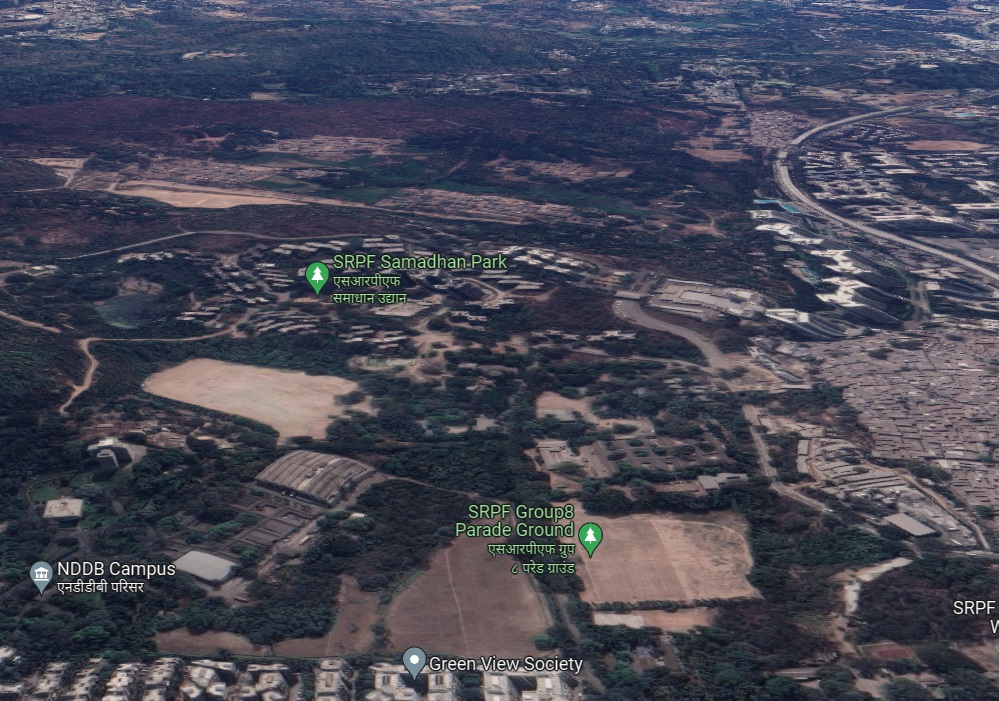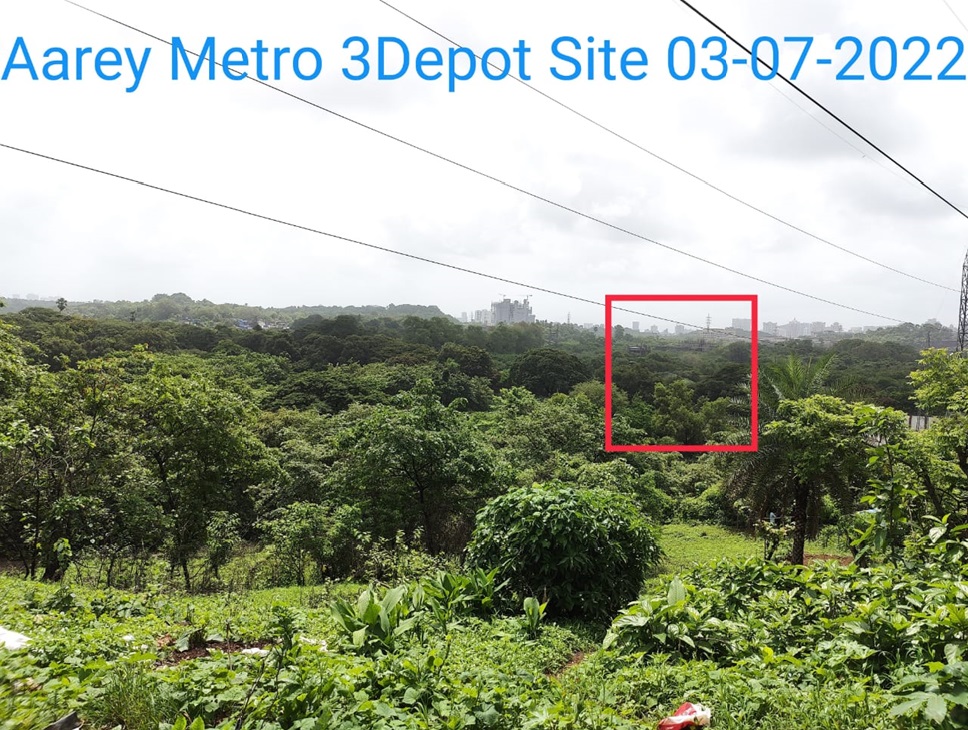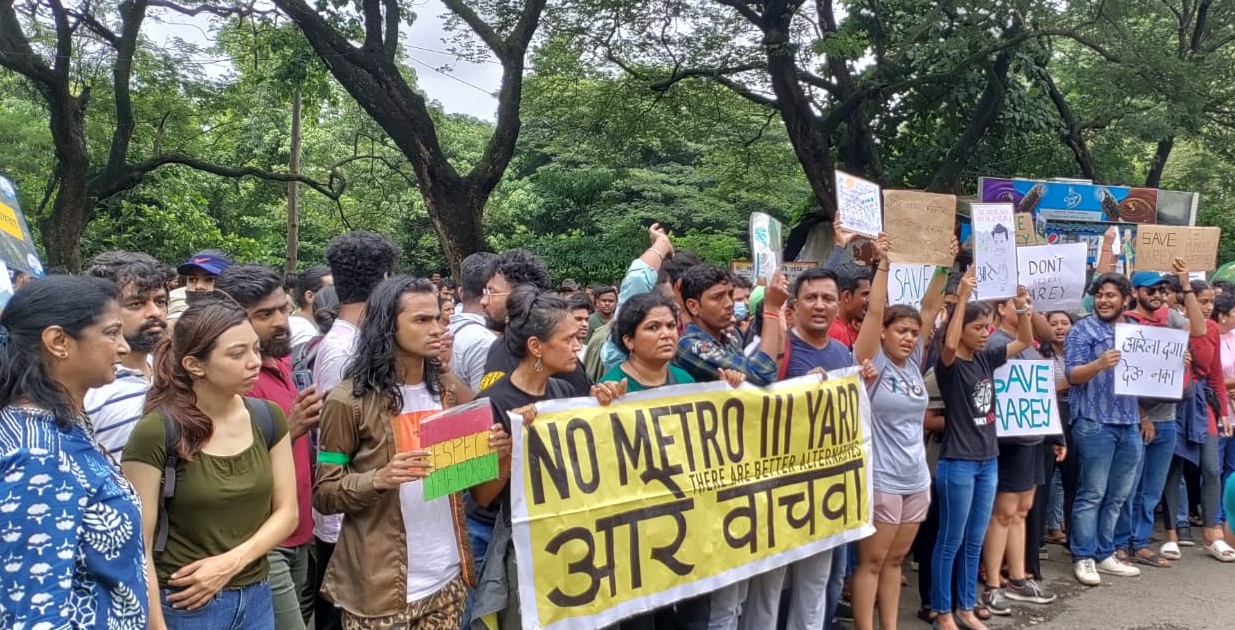The Making of Kishore Saint..
Kishore Saint was groomed in oral tradition by his grandmother in punjabi tradition as well as mid eastern folklore. He schooled in a Madrasa, and Convent and a Gurukul. More importantly being on the other side of the border, he was in the midst of the partition riots on both sides of the border. As a student and then a teacher in Kenya and in the UK, in the midst of the 60s youth movements, he felt the yearning for public work and the call to come back to India. This he says in his own words in this segment. https://youtu.be/QnD1KajyMgI
Now that an Adivasi is president, will Big Media finally report on Adivasi issues?
Now that an Adivasi is president, will Big Media finally report on Adivasi issues? By Kalpana Sharma 28 Jul, 2022 https://www.newslaundry.com/2022/07/28/now-that-an-adivasi-is-president-will-big-media-finally-report-on-adivasi-issues
Droupadi Murmu’s election should be more than a temporary news peg, given most readers and viewers know nothing of Adivasi struggles or culture...
One of the reasons for this was the inability of jailed Adivasis to get adequate legal support. JagLAG, a group that did provide such support, was hounded out of Bastar.
Apart from Bastar, which comes into view whenever there is a so-called “encounter” between security forces and Maoists, there are struggles being waged by Adivasi groups in many other parts of the country, including Murmu’s home state of Odisha. Remember the extraordinary campaign by the Dongria Kondh tribe in Niyamgiri against the bauxite mine of the powerful business house Vedanta? Despite their success, their problems have not ended yet. Similar struggles continue in Jharkhand where local communities are challenging either infrastructure or the release of their lands for mining. Yet there is little written about these struggles except in alternative or non-mainstream media.
How can any media do this given the power the State has to intimidate media houses through their business interests?
How, given the latest Supreme Court ruling on the Prevention of Money Laundering Act and the enhanced powers of the Enforcement Directorate, can any media house attempting to be “independent” or even “honest” survive in a regime where such laws and the ED have been weaponised to deal with all kinds of dissidence?
And finally how, when even those “independent” journalists who are doing their jobs of gathering facts and reporting them are either arrested, as in the recent case of Mohammed Zubair and earlier Siddique Kappan or Kashmiri journalists Asif Sultan, Fahad Shah and Sajad Gul? Or they are stopped from pursuing their professional commitments, as in the recent case of Aakash Hassan, a Kashmiri journalist stopped from going on a reporting assignment to Sri Lanka, and earlier the Pulitzer prize winning Kashmiri photographer Sana Irshad Mattoo, who was not permitted to board a flight to Paris without being given any reason.
Solpa Aarey Adjust Maadi
This is what will happen to the new area marked for the metro in aarey. This is the south east of Aarey.
The central portion was given for the SRP camp. And because of the high tension wire the electricity dept got controll of the forests under the power lines, Now they have their offices. Of course the property is now privatised after Addani took over the electricity distribution, for which they have their office space touching the highway to the west.. Now the tall buildings in the centre come up to replace the lowly structures as soon as the new privatised airport, changes the directions of their main take off funnel..and allows tall building in the non-tunnel area which cuts across aarey, making it a prime location for development, SRA, future premium buildings etc. The tall buildings on the right of this picture is in a location which was 'alienated' for a children's park and housed a huge amusement party till just two decades ago. The park was closed down as it was not financially viable and low and behold the oberoi buildings have come up and continue to come up along the south side of the original aarey left lung of Mumbai.
The west side ie from where this picture in taken was carved out for a transit camp, which became permanent and went in for MHADA redevelopment. 
Segment as seen in google maps

And this is what is look from the other side today..

(Pix-Aarey Conservation Group )
Where is the Laxman Rekha? Can we draw one now?

Page 27 of 51
